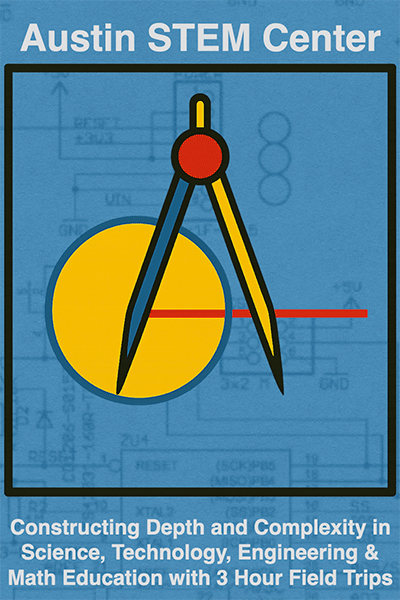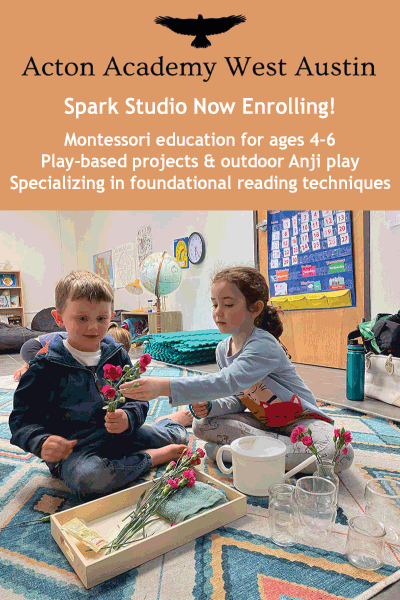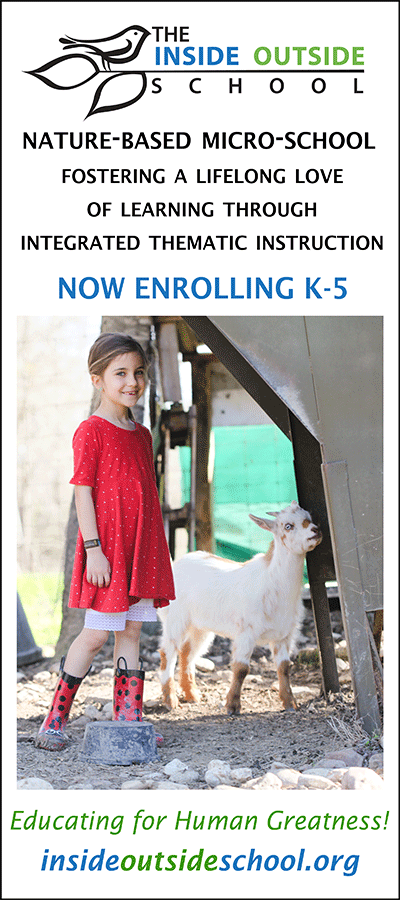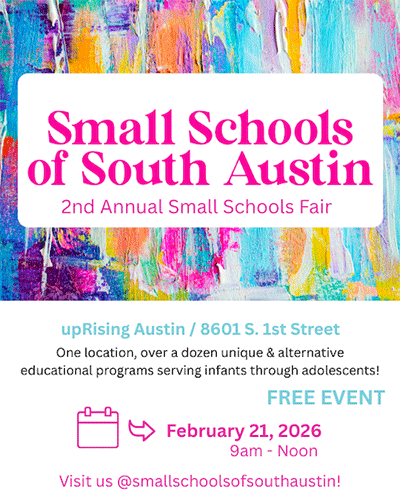The Austin Maker Ed Meetup
/Mike DeGraff is a former high school math teacher currently working with secondary STEM teacher programs across the country as part of the UTeach Institute. He is passionate about education and extremely interested in the role of the emerging maker culture in schools. As a new guest contributor, Mike is here to invite Alt Ed Austin’s readers to the first in a series of Maker Ed Meetups on Wednesday, August 6, 7–9pm at the TechShop in Round Rock. Join the group and RSVP for the event on the Meetup page.
Making, the heart of the growing “maker movement,” has become one of the most exciting developments in education. You could barely attend a session at last year’s SXSWedu conference without hearing about it. Even the White House is into it.
Part of what makes it exciting is that making is so accessible and is starting to happen everywhere. Right now, for example, Make magazine and Google + are hosting the third annual virtual Maker Camp (July 7–August 15), where anyone with a computer or access to a library can participate in making cool stuff. According to the Maker Camp FAQ, “many of the materials you need for the projects are likely already available in your home.” This means we’re not talking about projects that need to be done at a place like TechShop with extensive equipment.
Speaking of TechShop, it is AWESOME! If you are an educator, you should seriously check it out. It has the tools for you to build anything you can imagine (even battery-operated human exoskeletons).
In fact, you should make plans to be there Wednesday, August 6, at 7pm for the very first Austin Maker Ed Meetup. There will be amazing maker educators showing off super cool stuff like the MaKey MaKey (banana piano? why yes!), stop-motion animation, and a mini nerdy derby. It’s open to makers, educators, and anyone else interested in this movement.
The Austin Maker Ed Meetup is a result of my interest, and then immersion, in maker culture over the past few years. I am a former high school math teacher with an interest in project-based/inquiry-based/constructivist approaches to education. As I got into maker culture, I found that it resonated with my understanding of and beliefs around how people learn and how schools can support hands-on learning.
I finally jumped in with both feet after attending the World’s Maker Faire 2013 in New York City. I saw a lot of people already making explicit connections between education and the maker movement, most notably the Maker Education Initiative (launched in 2012) and the associated space at the Faire dedicated to these efforts.
I came back from that event eager to get involved with the maker education activities in Austin, but I wasn’t sure how. So in true maker fashion, I began doing instead of just reading and thinking. I reached out to the maker organizations in Austin, like the Thinkery, Austin Tinkering School, Austin Mini Maker Faire, TechShop, and others. Not surprisingly, maker folks were willing and excited to show me all the things they were doing in the realm of education.
We’ve met several times over the last year as a loose collection of people with a shared interest. And we put together an Educators’ Lounge at the Austin Mini Maker Faire last May, connecting with a ton of educators with similar interests. Lots of great discussions and connections took place, some prompted by open-ended questions we posted:
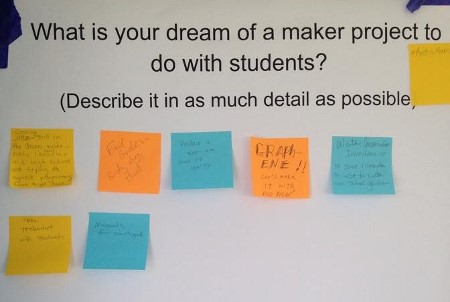
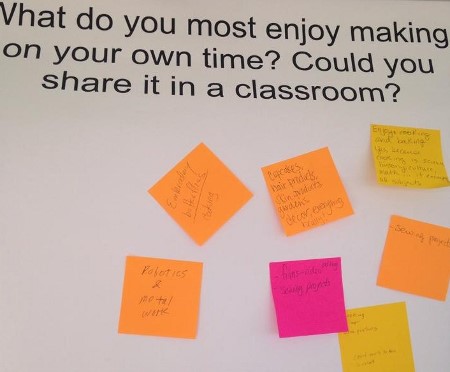
The meetup at TechShop is our effort to continue those discussions and strengthen the connections between makers and educators. We’ll have cool stuff to share and do, with the hope that educators will be introduced to new ideas that can have a positive impact in their classrooms. However, the power of this group will not be what it shows educators, but in the exploration and connection between two overlapping groups: makers and educators. What making looks like in our schools is just now entering the national education discussion, so there’s plenty of room for experimentation and innovation.
A lot of this national discussion is about the specific tools and resources of the maker culture, such as 3D printing, CNC machines, laser cutters, and other innovative technology. I think all of this stuff is worth the discussion; it’s amazing. But what excites me most is not the flashy new tech, but the connections to the progressive education movement, which has been around since the late 19th century, and other current research-based practices. Some examples include an emphasis on understanding over rote knowledge, a focus on critical thinking, learning by doing, and personalized education based on students’ individual interests.
The tech will come and go (and hopefully come again after kids destroy and rebuild it into new stuff), but this approach to learning seems much more accessible, targeted, and individualized. I hope it will prove to be the most influential aspect of the maker movement on education.
Mike DeGraff




